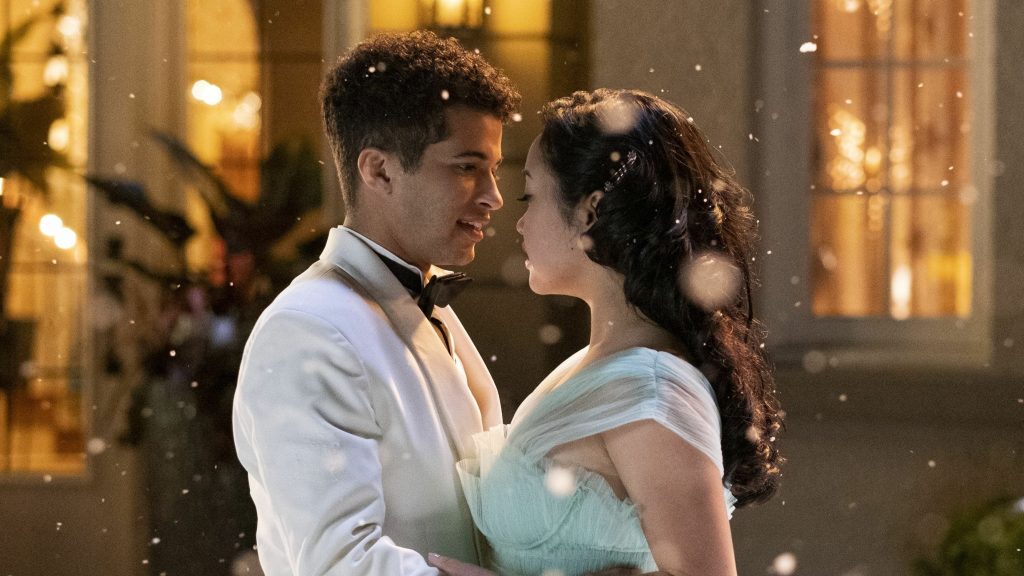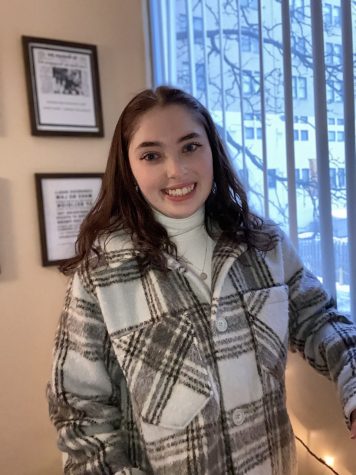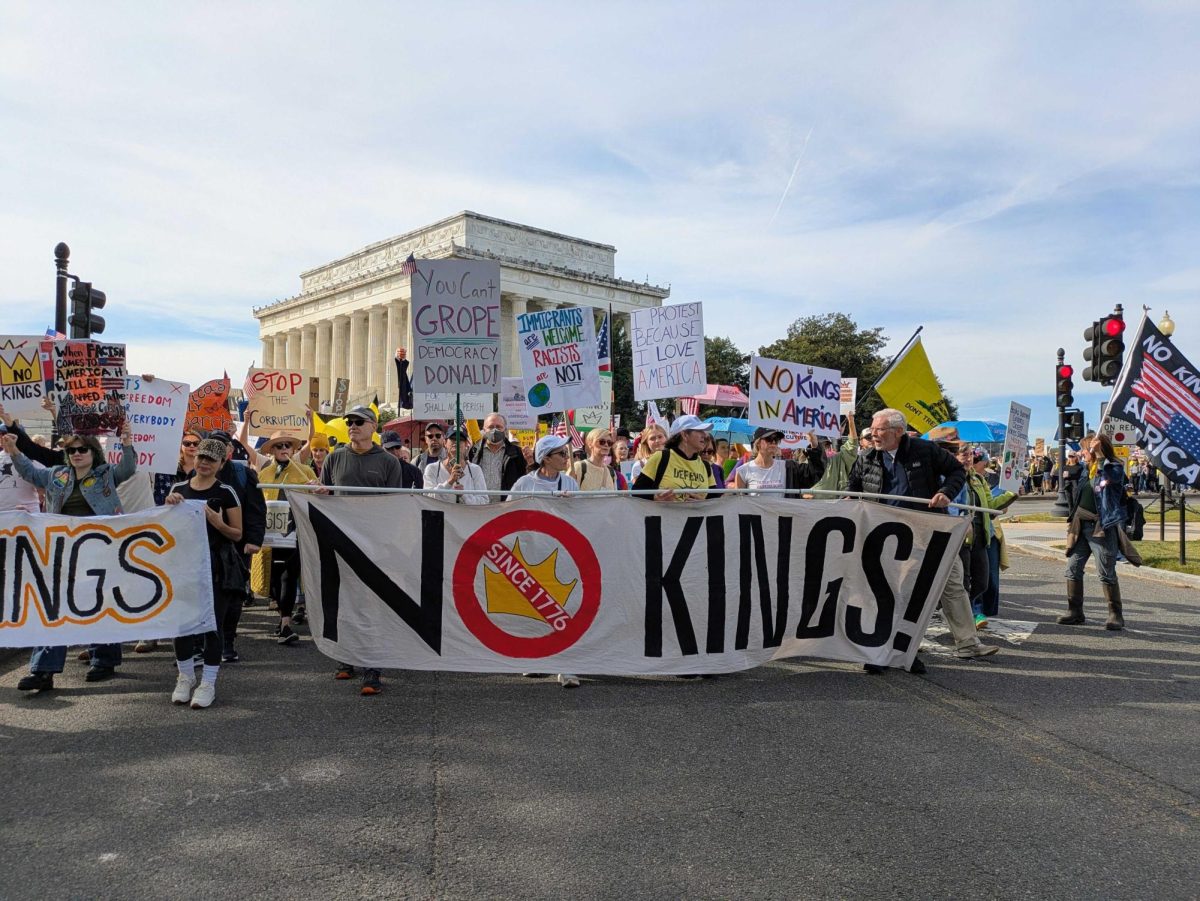‘P.S. I Still Love You’ writes the way for streaming success
February 19, 2020
With the red glow of Valentine’s Day starting to fade in the background, a new type of romance comes into focus – reality.
It could be argued that romance movies are the exact opposite, but I think there’s always a part of everyone who wants a poem written for them, the perfect breathless moment out in the snow or the spontaneous adventures that lead to a lantern lighting declaring their forever love.
In “To All the Boys: P.S. I Still Love You,” a Netflix adaptation of Jenny Han’s book, there’s a lot to live up to.
In romance genre in general, it is particularly difficult to execute a sequel that lives up to the first film, as the push and pull of the characters leads to an inevitable happy ending before you even learn of a sequel.
When the movie begins, Lara Jean, played by Lana Condor, and Peter Kavinsky, played by Noah Centineo, are seen as the picture-perfect couple.
Hand-in-back pocket, the two tackle the woes of high school and dating as a real couple after pretending to date for the majority of the first movie.
Unlike most romance movies, trouble comes in the form of reality this time. The couple loses footing as they have to navigate the less than perfect path that is young love.
With doubts and thoughts of Peter’s ex-girlfriend Gen still in view, the nonpareil adoration the two share becomes clouded, and as ironic as timing can get, John Ambrose McLaren comes into play.
John Ambrose McLaren is played by Broadway and gaming-extraordinaire, Jordan Fischer. John Ambrose was the last one to receive one of the notorious love letters from years ago.
As soon as he writes back and draws confusion in Lara Jean’s mind, they are no sooner than to meet by chance, both volunteering at a local retirement home.
Between flashed smiles and a heightened rapport, it’s obvious there are feelings between the two.
It may be the fact that I relate to Condor’s character, purely in love with love and having to put everything on the table when it comes to a relationship, but the audience definitely learns to root for Lara Jean rather than either one of the relationships.
Although her traits of dimpled grace and innocence met with baking when she’s upset can be unrealistic, she doesn’t sugar-coat the reality that it is possible to be in a relationship and think about someone else at the same time.
She finds herself at a crossroad that makes her second-guess whether all the romantic gestures should balance out the quirks and problems of a real relationship.
There’s a certain part of the movie that comes from the book that stuck out to me. It’s when Condor’s character reflects on her grandmother’s advice: “There’s a Korean word my grandma taught me.
“It’s called ‘jung.’ It’s the connection between two people that can’t be severed, even when love turns to hate.
“You still have those old feelings for them; you can’t ever completely shake them loose of you; you will always have tenderness in your heart for them.”
I think this is something that rings true for almost everyone who experiences love or adoration that may fall flat.
There is always a part of you that could never hate that person, whether it be a friend, a family member or a lover.
The movie also casts a wider range of diversity and touches on prevalent topics, as Lara Jean’s gay friend in the movie reminds her that she should be lucky to have so many options and not be so afraid to be open.
In the end, as Lara Jean finds what is true to her heart, I think the message connects with everyone who experiences obstacles in a relationship and how to navigate what seems like the ever-treacherous times of modern dating.
Although shinier than real life, there is still an existence of difficulties, but only time will determine the direction this relationship takes.
CHLOE FORBES
[email protected]






